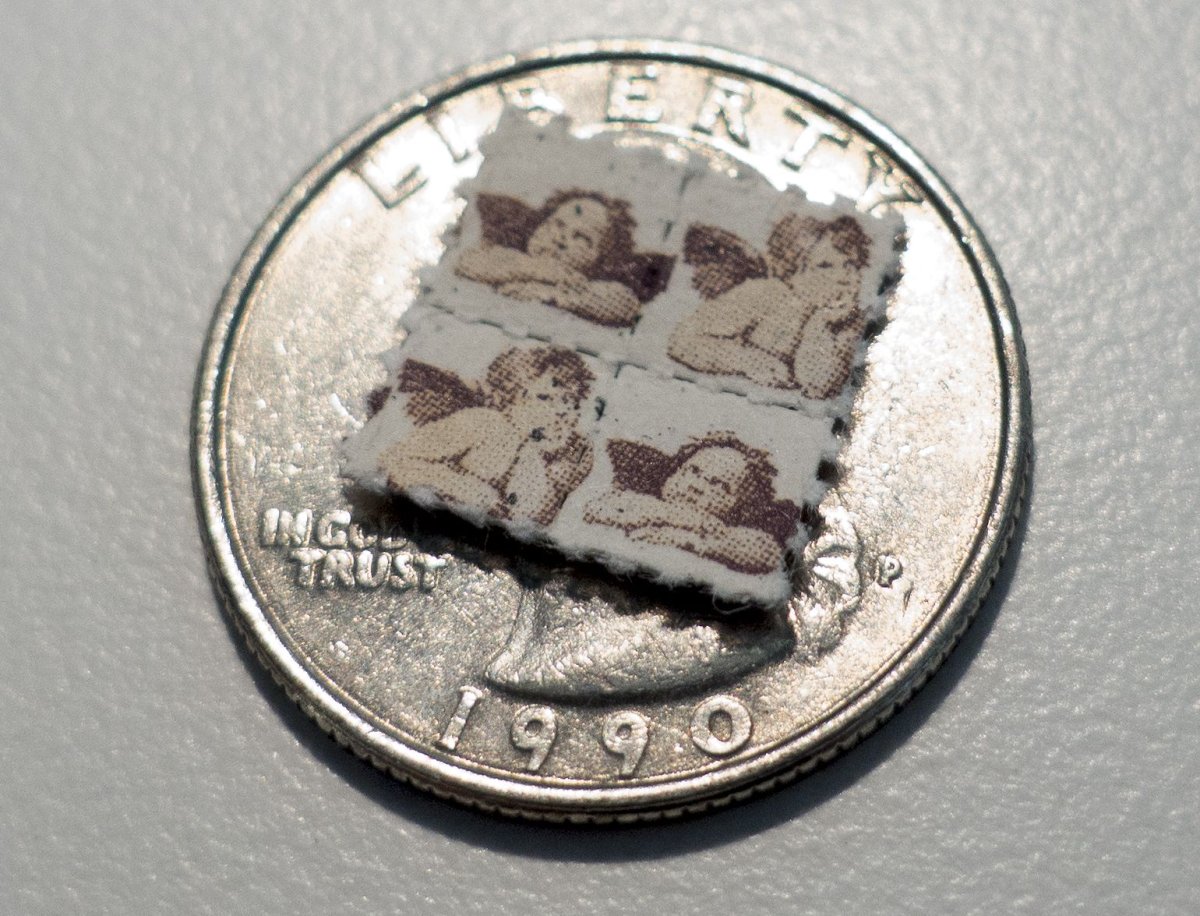Psychedelics substances, such as LSD, are increasingly being recognized by scientists as potentially effective treatments for a number of psychological disorders. But the biological mechanisms that underpin some of the effects of these drugs are not always well understood.
In a new study, published in the journal Scientific Reports, researchers from the Pompeu Fabra University (UPF) in Barcelona, Spain, investigated why and how LSD relieves symptoms of depression and posttraumatic stress disorder, and how the drug triggers changes in consciousness.
For the study, the researchers scanned the brains of 12 participants using functional magnetic resonance imaging. Some of the participants were given either a dose of LSD or a placebo, and another group was given the drug during or after listening to music.
The researchers decided to include music listening in the study to find out if it could boost the therapeutic effects of LSD. Previous studies have shown that the drug can enhance emotional responses to music.
The researchers analyzed the data using a mathematical model designed to look for signs that electrical activity was synchronizing across the brain. They found that taking the drug resulted in the emergence of a "new type of order in the brain," Selen Atasoy, from the Center for Brain and Cognition at UPF, lead author of the study, told PsyPost.
This reorder is beneficial for people suffering with psychological conditions arising from problematic connections between different brain cell (neural) networks.
Related: Is Silicon Valley onto something with its LSD microdosing?

LSD, short for lysergic acid diethylamide, has the effect of 'harmonizing', or synchronizing, electrical activity in different areas of the brain. In a process the researchers referred to as "repertoire expansion," this harmonizing encourages the development of new, more ordered neural networks. Over time, the creation of these new networks may help sufferers develop different patterns of thinking that may alleviate the symptoms of their condition.
"Exploring the combined effects of music and the psychedelic state induced by LSD provided us an opportunity to reveal not only the LSD-induced dynamical changes in the brain but also how these dynamics are affected by the presence of complex, natural stimuli like music," the authors wrote in the study.
Indeed, they found that taking LSD while listening to music actually made the drug more effective at 'reorganizing' the brain and synchronizing neural networks.
The changes in the participants' brains were only temporary, lasting for just a few hours after the experiments finished. However, the researchers did find evidence suggesting that the new brain networks, developed while under the effects of the drug, could become permanent.
The results of this study will likely not be incorporated into new treatments for psychological disorders any time soon due to LSD's status as a controlled drug. But it is yet another example of the potential of psychedelics.
Uncommon Knowledge
Newsweek is committed to challenging conventional wisdom and finding connections in the search for common ground.
Newsweek is committed to challenging conventional wisdom and finding connections in the search for common ground.
About the writer
Aristos is a Newsweek science reporter with the London, U.K., bureau. He reports on science and health topics, including; animal, ... Read more
To read how Newsweek uses AI as a newsroom tool, Click here.








